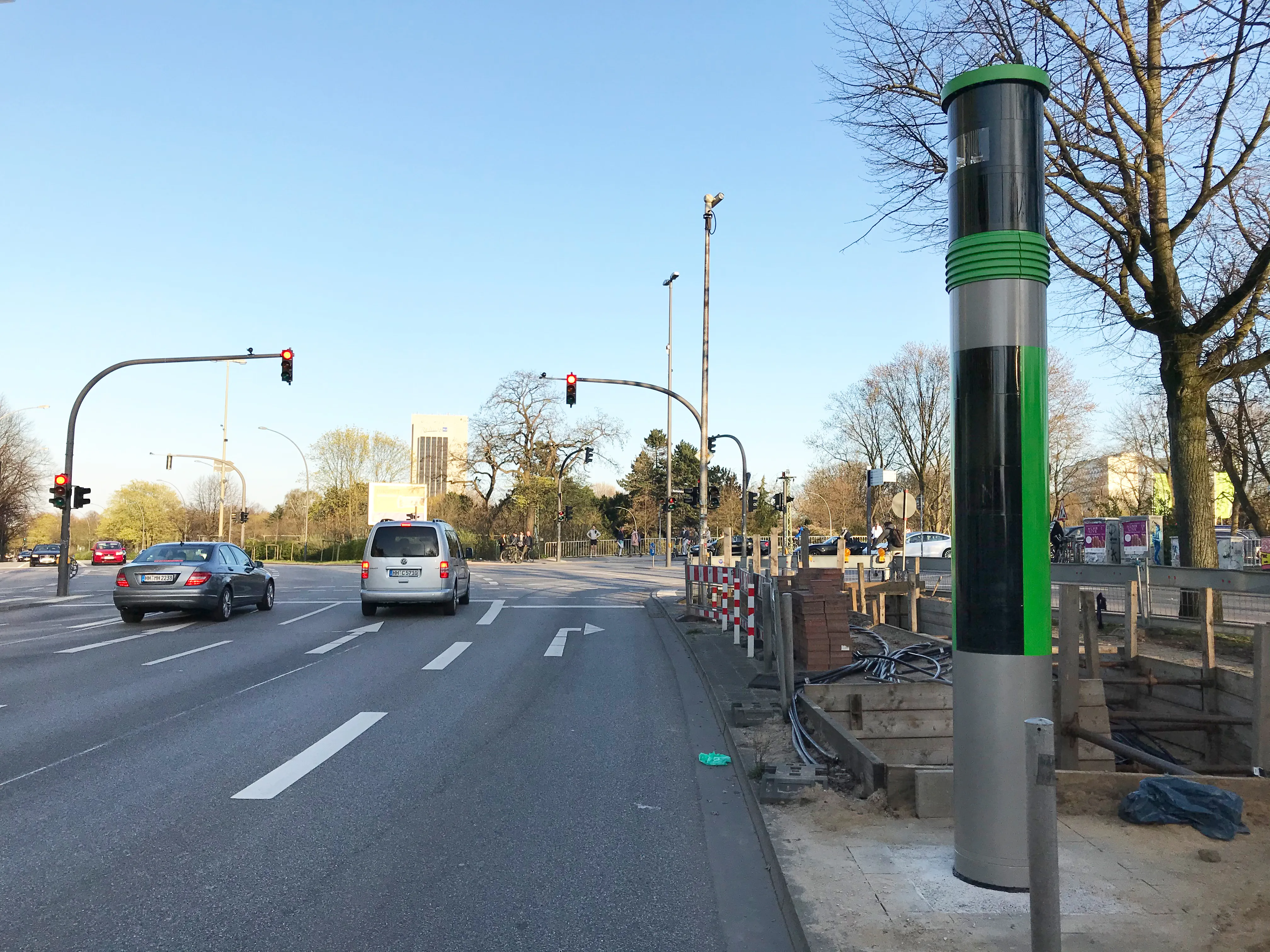Following a letter written by motorcyclists’ organisations Federation of European Motorcyclists' Associations (FEMA), MAG NL and KNMV sent to the Netherlands Vehicle Authority RDW, expressing concerns about European type approval for Tesla, vehicle authorities will cooperate with motorcyclists’ organisations and conduct their own test program with different brands of semi-autonomous cars.
A driver of a Tesla – and of an increasing number of advanced cars – can leave key actions to the vehicle, while in t
December 1, 2016
Read time: 2 mins
Following a letter written by motorcyclists’ organisations 1818 Federation of European Motorcyclists' Associations (FEMA), MAG NL and KNMV sent to the Netherlands Vehicle Authority RDW, expressing concerns about European type approval for 8534 Tesla, vehicle authorities will cooperate with motorcyclists’ organisations and conduct their own test program with different brands of semi-autonomous cars.
A driver of a Tesla – and of an increasing number of advanced cars – can leave key actions to the vehicle, while in the opinion of the motorcyclists’ organisations this equipment is not or not sufficiently tested with motorcycles and other powered two wheelers.
The decision follows a meeting at which the joint conclusion of RDW and the motorcyclists’ organisations was that properly functioning advanced driver assistance systems (ADAS) can provide an added value to road safety, but there are also disadvantages when drivers don’t use it properly and do not and pay sufficient attention to traffic.
RDW proposes, in cooperation with the motorcyclists’ organisations, to increase the knowledge on this issue by conducting their own test program with different brands of ADAS-equipped cars. This test program must objectively assess the technique that should ensure motorcycles and other powered two wheelers are detected by the car’s sensors and whether that technology also responds correctly to the presence of motorcycles. RDW also believes, as do the riders, that testing with motorcycles should be part of the test protocol for European type approval.
The test program will be developed in the first quarter of 2017, the organisations will explore what research in the field of testing motorcycles with semi-autonomous cars is already available and the research questions will be formulated. Following that, field tests will be conducted in 2017.
A driver of a Tesla – and of an increasing number of advanced cars – can leave key actions to the vehicle, while in the opinion of the motorcyclists’ organisations this equipment is not or not sufficiently tested with motorcycles and other powered two wheelers.
The decision follows a meeting at which the joint conclusion of RDW and the motorcyclists’ organisations was that properly functioning advanced driver assistance systems (ADAS) can provide an added value to road safety, but there are also disadvantages when drivers don’t use it properly and do not and pay sufficient attention to traffic.
RDW proposes, in cooperation with the motorcyclists’ organisations, to increase the knowledge on this issue by conducting their own test program with different brands of ADAS-equipped cars. This test program must objectively assess the technique that should ensure motorcycles and other powered two wheelers are detected by the car’s sensors and whether that technology also responds correctly to the presence of motorcycles. RDW also believes, as do the riders, that testing with motorcycles should be part of the test protocol for European type approval.
The test program will be developed in the first quarter of 2017, the organisations will explore what research in the field of testing motorcycles with semi-autonomous cars is already available and the research questions will be formulated. Following that, field tests will be conducted in 2017.







